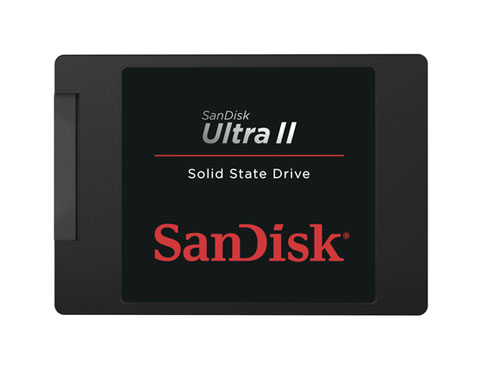The new storage technology aims to be 1,000 times faster than flash, and will compete with similar tech from Intel and Micron.HP and SanDisk are plotting new storage technology that could be 1,000 times faster than flash memory, though they’ll face some competition along the way.
Details on the new technology are scarce, but the goal is to create a “universal memory” that serves as both long-term storage and RAM, the Wall Street Journal reports. The goal is to commercialize this technology some time between 2018 and 2020.
Why this matters: Today’s computers offer RAM and storage separately, because the former is much more expensive and purges its data when the machine powers down. Programs and files are stored on flash memory, but during use they’ll load some data into RAM for faster short-term access. A single type of memory for both short- and long-term storage could boost a PC’s performance dramatically.
Intel, Micron, and a manufacturing shift
HP and SanDisk aren’t the only ones with eyes on next-generation memory. Earlier this year, Intel and Micron announced a partnership on a new type of storage, touting the same “1,000 times” performance improvements. Originally dubbed 3D XPoint, the technology will commercially be known as Intel Optane, and is scheduled to hit the market in 2016—well ahead of HP and SanDisk.
The two companies aren’t just looking at servers, which are often the first stop for new storage technology. Intel aims to have Optane in laptops next year as well, and is introducing storage controllers, interfaces, and interconnects to help make it happen. HP and SanDisk are also collaborating on computer systems that use their storage technology.
The Wall Street Journal’s report sheds some light on why the companies may be entering such fierce competition in the first place: Neither Intel/Micron nor HP/SanDisk plan to license their technology, which means you won’t see it on products from Seagate, Samsung or other storage vendors.
The licensing model typically ends with vendors racing to the bottom on pricing, but apparently that won’t be the case with this technology. In other words, expect to pay a premium for those faster speeds, unless (or until) another entity comes up with something similar that all vendors can use.
Source: www.pcworld.com





